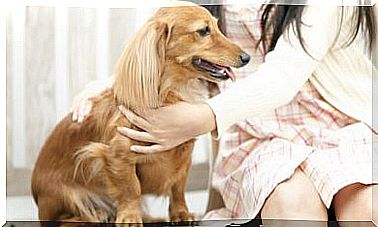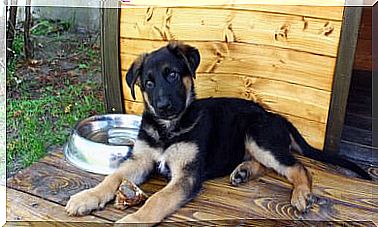The Importance Of Training And Education In Dogs
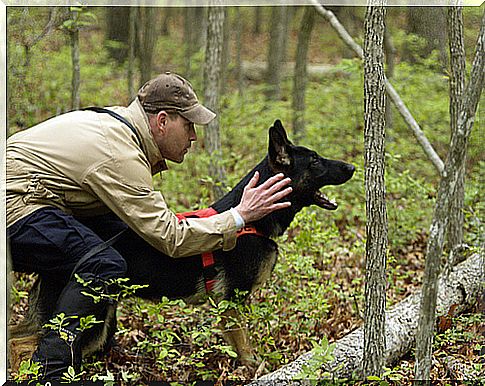
For a few years now, the profession of canine educator has been booming. However, we cannot forget that the figure of the trainer is also key. We tell you how an educator and a trainer differ, and the importance of training and education in dogs.
What is dog training
A dog trainer teaches dogs tricks. The basics are sitting up and not pulling on the leash, but you can raise the difficulty level up to rescue dog training . A handler teaches the animal to do something regardless of the circumstances in which it is asked : a well-trained dog can paw at any time, for example.
This is so because trainers teach commands. If your dog pulls on the leash and you go to a handler, he will teach him to walk with you; whether the dog likes it or not and whatever happens. If he wants to detach himself from you to go smell a streetlight, he will not do it, because he will have taught him the order to stay with you.
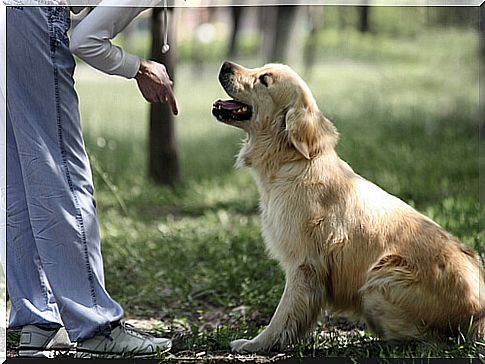
The trainer works a lot with the dog and little with the owner, and in cases of complex training they can even stay with the dog for a while at their facilities. That is, the owner has little to do in training: the pet will then repeat the commands that the trainer has taught.
What is canine education
On the other hand, a canine trainer teaches the dog to behave without orders . A canine trainer works with the emotions and general behavior of the dog. That is, if your pet pulls on the leash, the canine trainer will teach him to be calm outside the home, and thus your dog will stop pulling during walks.
A canine trainer solves behavior problems, he does not teach commands. In this sense, if a dog shows aggressiveness towards other dogs, this professional finds out why he behaves like this and tackles the problem from the root. For his part, a trainer would teach with orders not to react in any way to dogs , so it could be said that he ‘masks’ the problem.
Educators take into account the mental state of the dog and its family situation to work. Therefore, these take into account the stress that affects the dog in the day-to-day life and communication with its human family, among other things.
For this reason, educators work a lot with families and little with dogs. In fact, learning is done at home and an educator should not keep a dog while working with him. The educator teaches the family how to solve problems and monitors progress, as each case is different and the treatment to be followed is personalized and appropriate for each individual situation.
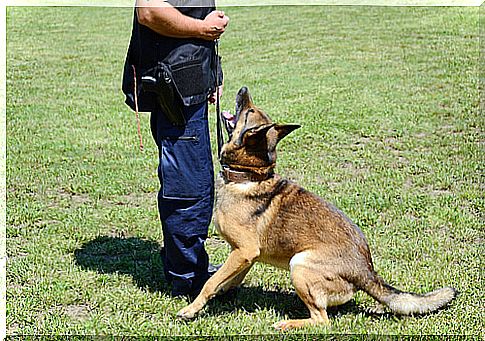
In reality: the importance of dog training and education
In reality, professionals in the dog world do both at the same time. It is up to each professional to dedicate himself more to training or education, but neither is only a trainer or only an educator.
For example, a handler cannot teach a dog to play a sport if he cannot manage his stress levels. First, he will work with his emotions (a task that would correspond to an educator) and then he will teach him the orders of the sport he wants to practice.
Instead, an educator can use concrete prompts to solve behavior problems . It is common for dogs that chase bikes to ask them to follow a series of commands to distract them and prevent them from running, for example. Then the treatment changes, and you are only given guidelines for a limited time; because teaching him the orders would have been the job of a trainer.
The importance of training and education in dogs to have a good relationship in families is evident . The best specialist is the one who knows both professional aspects. In addition, he knows how to adapt to each case according to the needs of each family.
Find a professional for your dog
If your dog has a behavior problem or you want to teach him tricks, you can go to a professional to help you.
Keys to finding a good professional :
- The opinions of other clients are public.
- He does not work with punishments, spike collars, electric, choke or ties.
- He listens to you when you tell him what you need and offers solutions adapted to you and your pet.
- He does not base his work on dominance theory, but on current scientific studies.
- Their accrediting diplomas and training are public.
A good professional knows the importance of dog training and education, and practices both professions to best help their clients; in addition to doing its job without inflicting harm or fear . If you contact an educator or trainer, and you think it is hurting your dog, abandon that therapy and keep looking.


